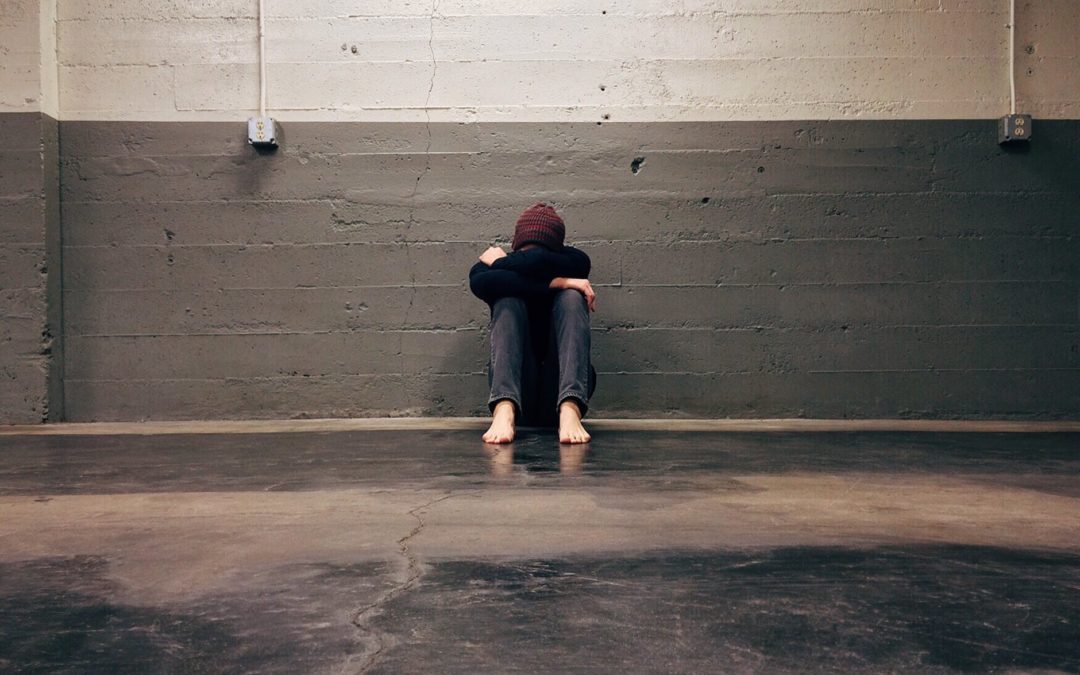Academics are increasingly becoming targets of online harassment, but too many universities and colleges are unprepared to support and protect their faculty. What steps should they take?


Academics are increasingly becoming targets of online harassment, but too many universities and colleges are unprepared to support and protect their faculty. What steps should they take?
This is a guest post by Dr. Sherrill Stroschein, Senior Lecturer (Associate Professor) in Politics, Department of Political Science, University College London We have all been driven to understand...
This is a guest post by Christopher Gelpi and Elias Assaf. Christopher Gelpi is Chair of Peace Studies and Conflict Resolution at the Mershon Center for International Security Studies and Professor...
Just facts, no opinions. Brutal facts. Today, the President of the United States issued an order that stops our country from admitting this boy as a refugee. This is Omran Daqneesh, a five year old...

With Crimea's secession and accession drama still unfolding, we wait with baited breath about whether we will bear witness to yet another war (Kimberly Marten's post on the Monkey Cage is sobering). Sure hard to believe that Steven Pinker is right with Syria blazing, the Central Africa Republic aflame, and Ukraine and Russia poised for conflict. More parochially, I've been reading the story, perhaps apocryphal of the female job candidate whose negotiations for a job led to the school rescinding the offer. I've also been followed additional debates about underrepresentation of women in...
Note: The following is a guest post from Mlada Bukovansky, Professor of Government at Smith College. The word freedom has to come into it, when speaking of the Ukraine crisis. It has become exceptionally difficult to use that term without wincing in the post-Bush era, but still I think it needs to be said. I was speaking to my mother about Ukraine and inevitably Czechoslovakia 1968 came up. I could hear in her voice the urgency and echoes of the passion that accompanied our fleeing Prague in August of that year. There would be no more freedom there. She said those who stayed behind were...
I have a question for all those folks who study elections: any democracy hold an election within a week or two of being announced?
As Megan noted, ISA is coming up. I hope to see all of you at the blogging reception on Thursday evening, March 27th. As I’ve been preparing for the conference these last couple of weeks, I’m also preparing to be “blessed” with an unexpected visit from my grandparents in-laws today.[1] One of the "bonuses" of having them in my life has been their annual family reunion, held on a hot summer’s day outside of a town of 500 in Kansas. There are many similarities between this event and ISA (or other major academic conferences). Let me give you a few: 1. You typically remember people...
It's that time of year again. IR freaks, geeks, superstars, and fans flock to the International Studies Association Annual Conference (except those wimps that avoid the cold Canadian destinations). Over the next week I'm going to write a few short, fun posts as we countdown to the jet lag, red-eyed check in (red carpet arrival show), the boot camp style pre-ISA workshops (pre-show analysis), and our blogging reception on Thursday (the main event). The topic for today? 5 steps that would change your ISA world for the better...feel free to share your own healing steps! 1. Coffee. I'm serious,...
Note: This is a guest post by John Mueller of Ohio State University. The ongoing crisis/standoff in the Ukraine relates in some ways to a long-standing debate about the potential connection between economic interdependence and war. The debate is over the idea that the decline in interstate war has been caused by the fact that countries closely linked economically are unlikely to go to war with each other. On the one hand, Russian President Vladimir Putin’s foray in an area of deep economic interdependence doesn’t seem to have been waylaid by potential economic cost considerations. On the...
We're on spring break here in Austin, Texas so this will be a short post as I'm just back from some SXSW events (trying to steer clear of the drunk drivers). Mostly, I'll link to some news from the blogosphere, including changes at the Monkey Cage (4 new additions) and Foreign Policy (Drezner and Lynch depart). I also link to some good exchange on RCTs and Bill Easterly's new book on experts and development. Oh, and Les Gelb goes off on all parties with respect to Ukraine (Crimea secession/join Russia referendum this weekend!). I'm also including a playlist of the bands I've seen at SXSW...
There has been a bit of recent news lately suggesting international football* considerations are making the divisions between states greater, supporting the idea that sports might not be the path to peace and reconciliation. While a few cases cannot disprove an idea, recent moves point in a troubling direction for the theory that we can settle differences between states on the football pitch. Relating back to early theories of functionalism, any form of cooperation, even on the sports pitch, might be beneficial to countries at odds with each other. The communication provided through...